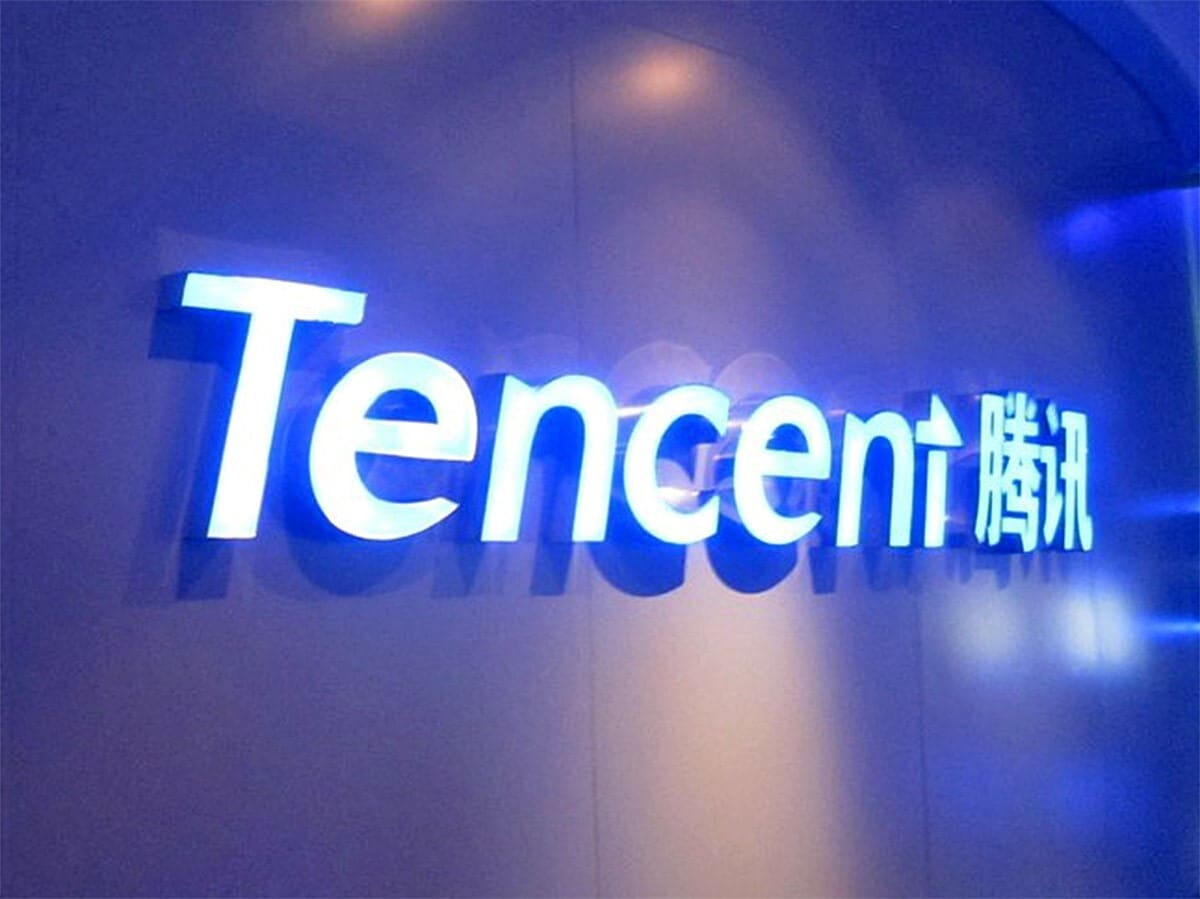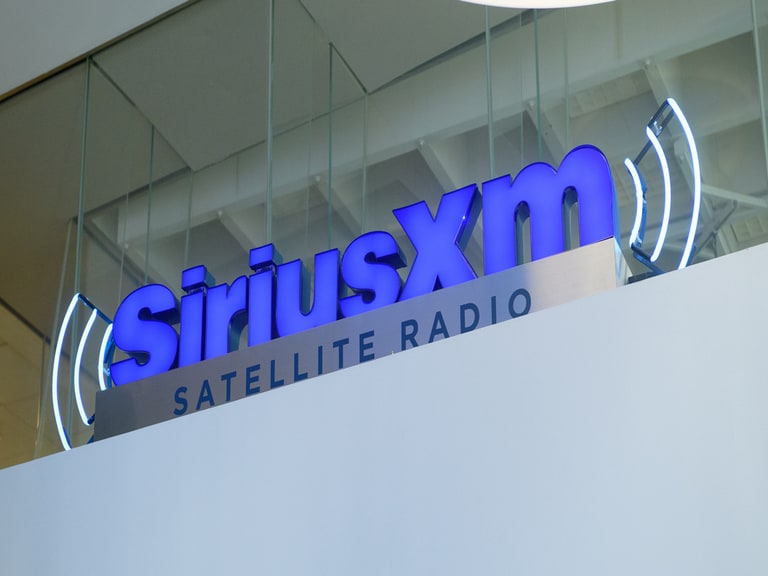In its latest wave of regulations, the Chinese government has dealt yet another blow to China-based tech giants. The latest rules state that children can only play video games for one hour per day on Fridays, Saturdays and Sundays, and for no more than three hours a week. This builds upon previous restrictions that were introduced in 2019, which limited minors to gaming for 90 minutes per day (equal to 10.5 hours per week).
Chinese authorities state that the measures are an attempt to prevent children from developing addictions to video games and are part of a wider crackdown on internet companies. These regulations are, as some analysts believe, part of a wider effort to establish “Xi Jinping Thought” and promote the Chinese leader’s vision of “common prosperity”.
As well as hitting China’s own tech giants, this could affect the global market as China is, according to research firm Niko Partners, “the largest video game market in the world with over 720 million players and nearly $40bn in revenue during 2020”. The firm also claims that 110 million of those are under the age of 18.
720million
Number of video game players in China
However, the initial market reaction was mild as the share prices of gaming stocks such as, so far, Tencent [TCEHY] and its rival NetEase [NTES] haven’t been too adversely affected. This is partly because children do not account for the majority of gaming revenue for these companies.
“According to Tencent, players under 16 account for approximately 2.6% of its total player spend,” Daniel Ahmad, a senior analyst at Niko Partners, noted in a Financial Times interview. “Which shows the overall impact won’t be too significant, but it’s still a notable chunk.”
However, some analysts believe the effect of these restrictions will only become apparent as the current generation of children in China become adults. “When these restricted younger players grow older, it’s possible that games will not play as big a part in their consumption of entertainment media,” said Chenyu Cui, a senior games analyst for research firm Omdia, speaking to Wired. “Meaning the industry – particularly mobile – could start shrinking after perhaps 10 to 15 years.”
“When these restricted younger players grow older, it’s possible that games will not play as big a part in their consumption of entertainment media. Meaning the industry – particularly mobile – could start shrinking after perhaps 10 to 15 years" - Chenyu Cui, Omdia senior games analyst
Game over for Chinese players?
Many gaming stocks saw a significant rise throughout 2020, partly due to the international lockdowns that kept people at home with little to do other than play video games. In fact, the VanEck Video Gaming and eSports ETF [ESPO] grew 84% in 2020, although the ETF has had a more volatile in 2021, and of its last close on 6 September, it was up only 1.8% year-to-date.
More than 45% of the ETF’s current holdings are made up of US gaming stocks such as Nvidia [NVDA], Activision Blizzard [ATVI] and Electronic Arts [EA], compared to its 15.83% weighting of Chinese stocks, as of 31 August.
Looking at the prospects for each market’s gaming sector, Tencent, which made 31% of its revenue from online games last quarter, has a trailing 12-month P/E ratio of 30.34 while NetEase, which made 71% of its revenue from games last quarter, has a trailing 12-month P/E ratio of 34.83. Meanwhile, forward P/E ratios for both companies are pegged at 29.70 and 27.43, respectively, according to Zacks Equity Research.
84%
Growth of the VanEck Video Gaming and eSports ETF in 2020
To put this into a wider context, US gaming companies such as Nvidia, Activision and EA have trailing-12-month P/E ratios of 21.33, 22.16 and 28.85, respectively, while the forward-looking PE ratios for each are sitting at 54.43, 21.23 and 22.08, according to Zacks.
It remains to be seen how China’s latest restrictions will affect the share price of Tencent, Nvidia and others going forward.
Minors game on another level
Despite the caution among investors around Chinese tech stocks, new regulations around gaming may not be as big a concern as some have made it out to be. Some analysts have pointed out that restrictions on young gamers are nothing new, and regardless of how tight these restrictions may grow to be, some young gamers use VPNs to get around the time limits imposed by the government.
“Kids are kids, they will continue to find loopholes,” Ahmad told Wired. “This isn’t the end of gaming. The government will introduce regulations as they see fit, but it’s still a growth sector.”
Continue reading for FREE
- Includes free newsletter updates, unsubscribe anytime. Privacy policy





